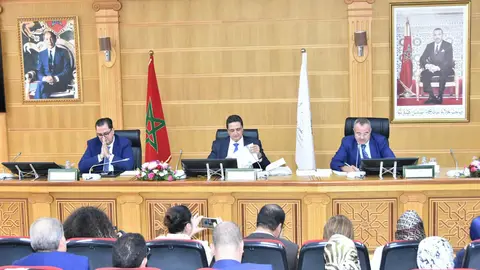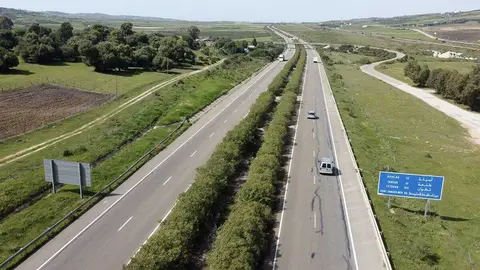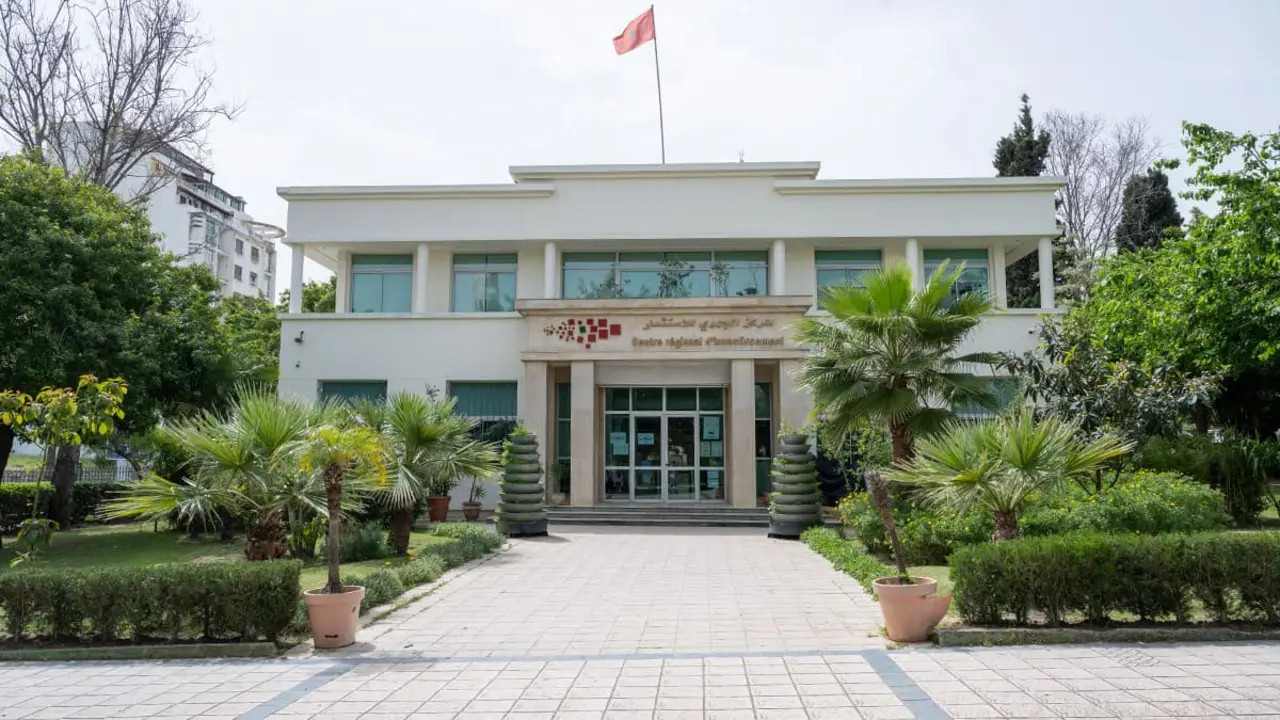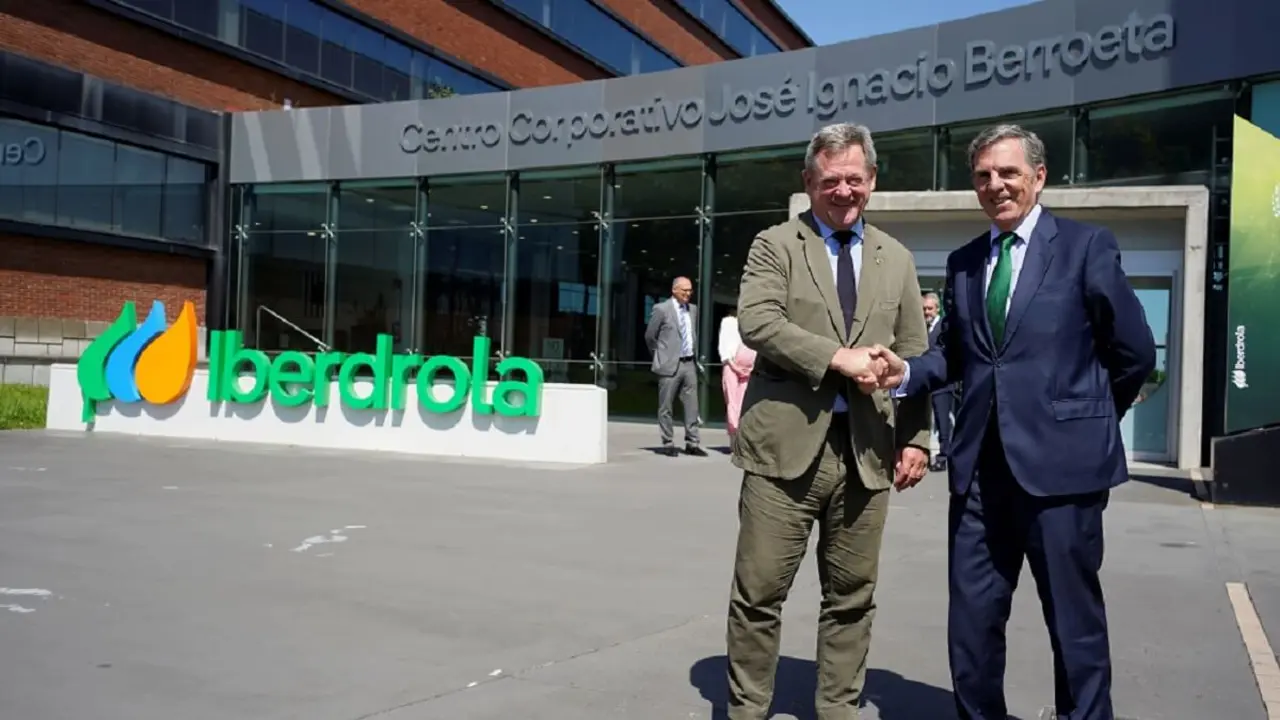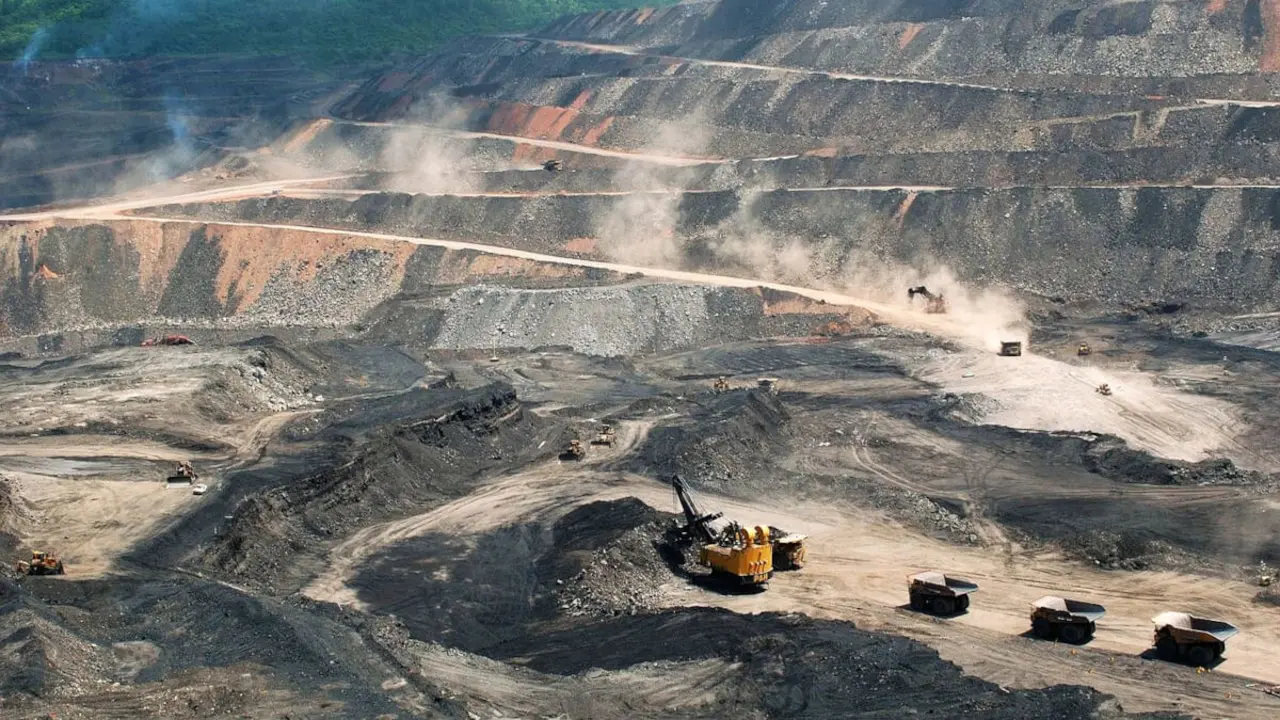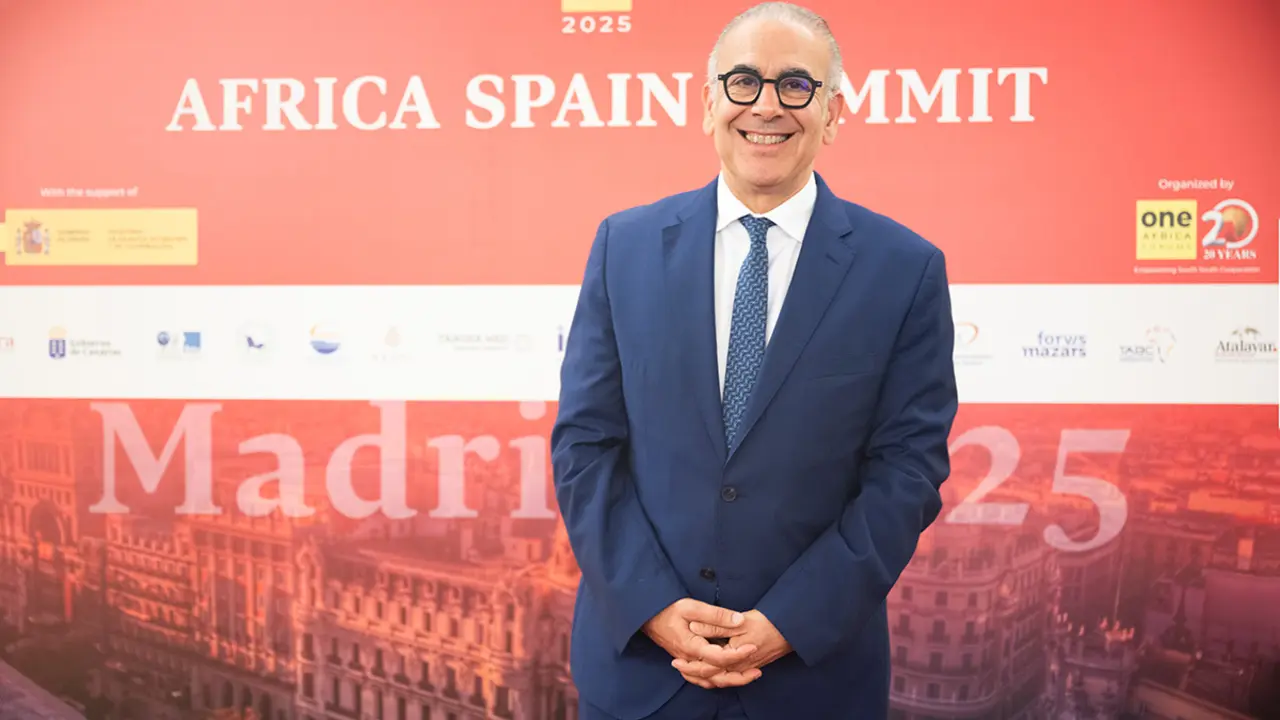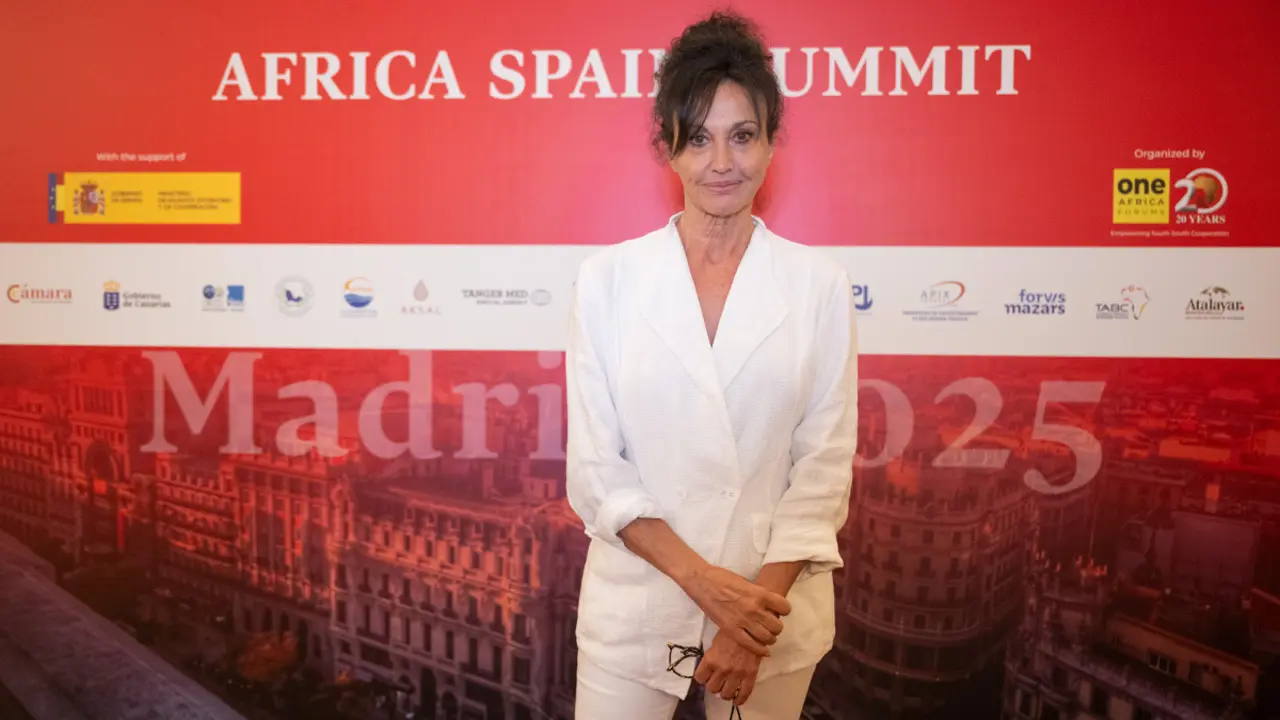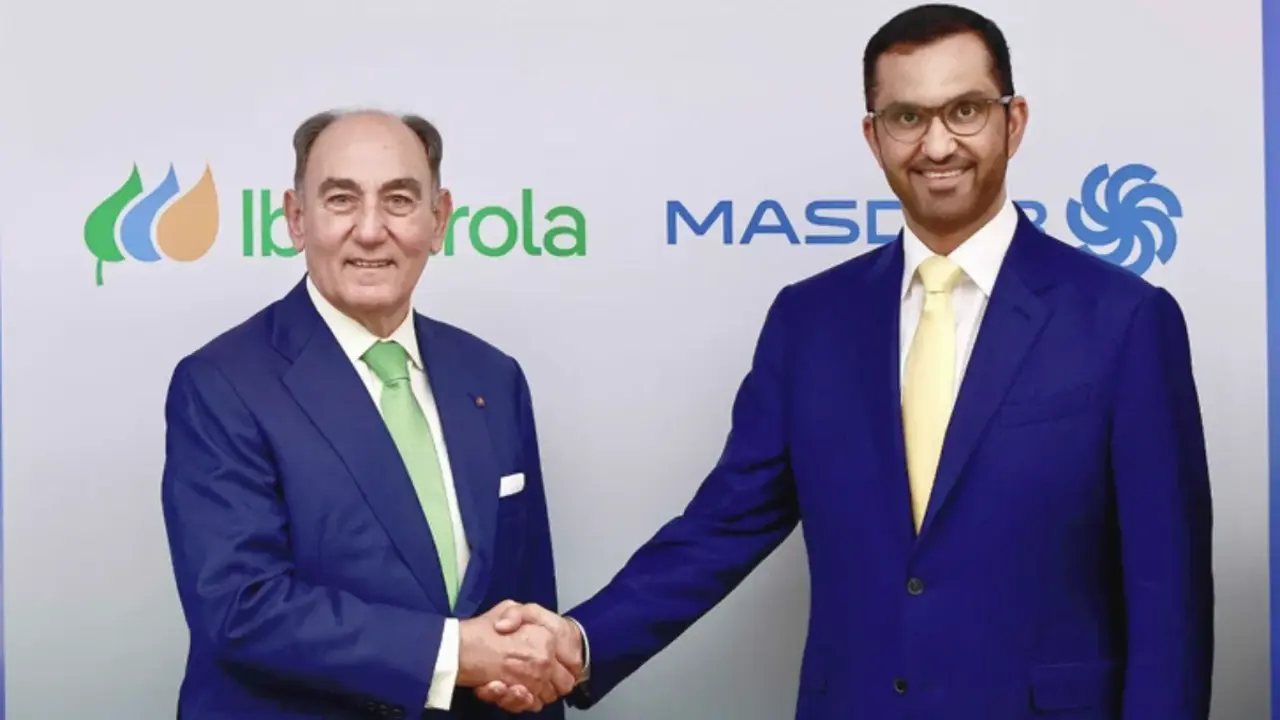Tangier: a global logistics hub that bets on greenery
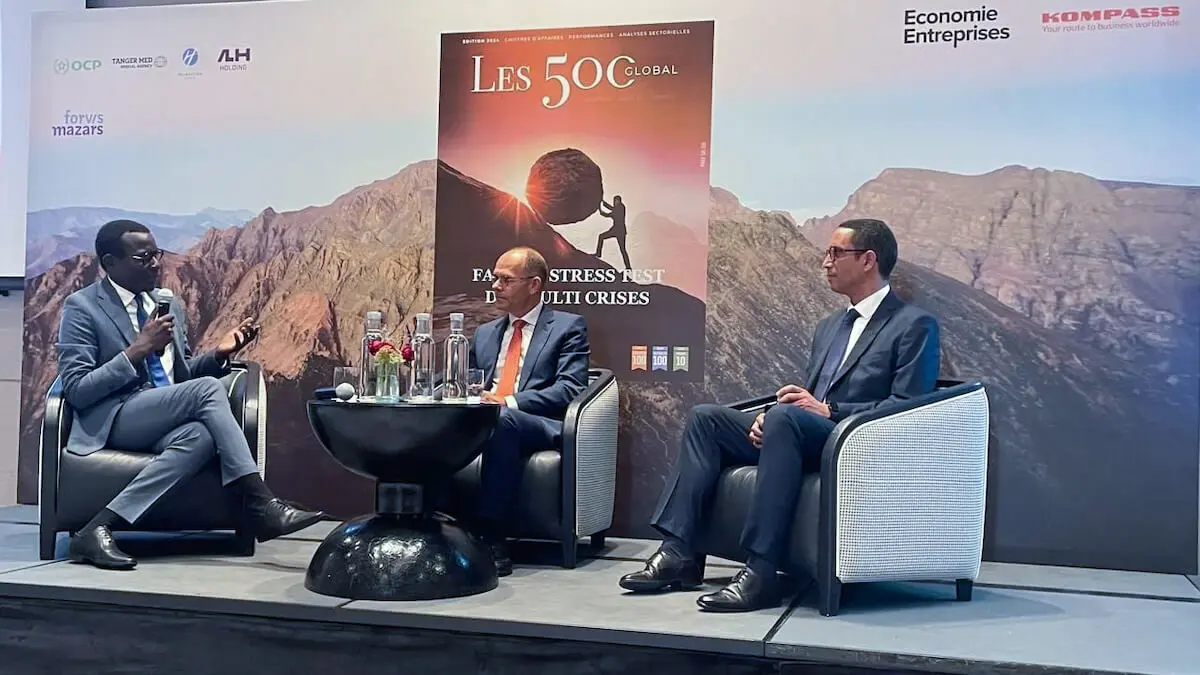
- Tangier: Renault's most profitable and environmentally positive headquarters
- Tangier Med: a logistics hub resilient in the face of crises
- Ranking of the leading companies on the national podium
- Decarbonisation: the challenge that needs to be prepared for now
During its national tour, the Global 500 Caravan chose to land in the three most important regions of Morocco; giving conferences and opening debates on the blue economy and the momentum of the region, in Agadir on 24 October, and challenges and opportunities, in Casablanca on 29 October, to arrive in Tangier on 21 October under the theme ‘Tangier: a global logistics hub’.
The conference, organised by Economie Entreprise, provided industrial stakeholders with insights into the region's industrial and logistics positioning, Tangier's competitive advantages and future geostrategic developments.
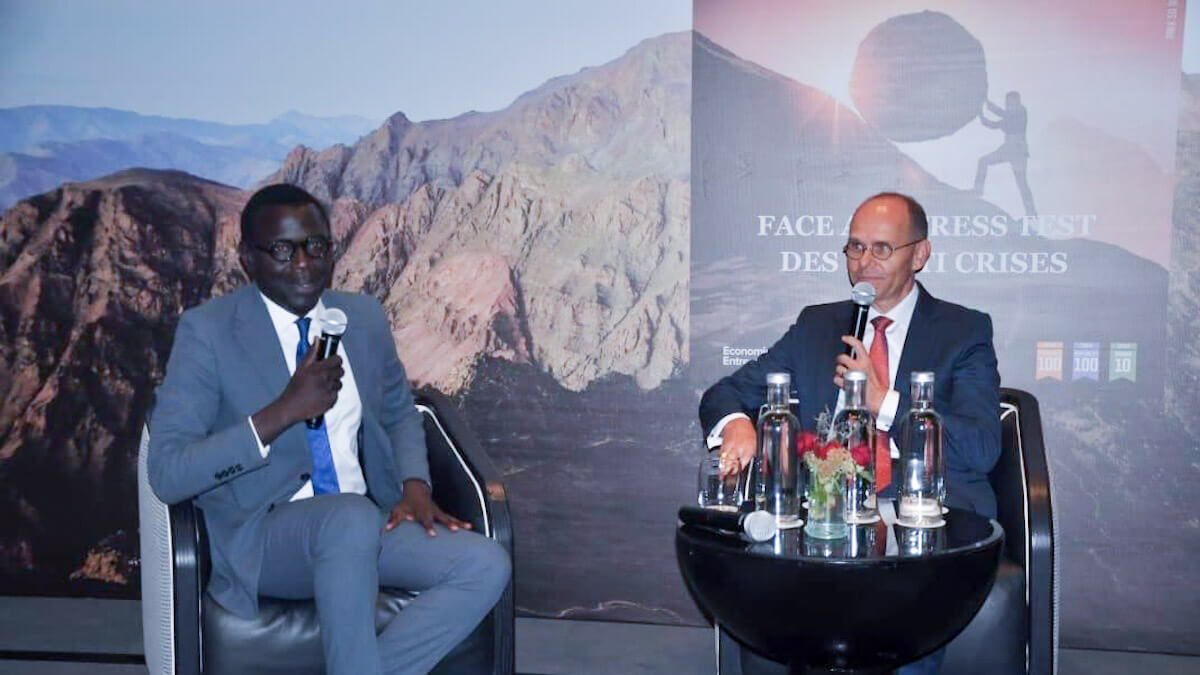
Tangier: Renault's most profitable and environmentally positive headquarters
Frédéric Naud, administrative and financial director of the Renault Group, listed the success factors of the Renault Group; starting from the exemplary partnership between the Kingdom of Morocco and the French company. Highlighting that the agreement signed in 2016 aims to accelerate the automotive subsidiary in the Moroccan industry with an integration rate of 40%.
‘The objective, in 2016, was to achieve 65% integration by 2023 and this has been successfully achieved. In parallel, we set a target of 1.5 billion euros by 2023 and we have achieved more than 2 billion euros,’ said Naud, clarifying that ‘the turnover achieved by the group worldwide, which relies on Moroccan production, and the dynamics experienced by the automotive ecosystem within the industrial fabric are other factors that justify this success‘.
‘At the beginning, we had 25 first-tier suppliers of parts and components; whereas today we have more than 85 (multiplied by 3.5); which reflects the significant impact of this positive dynamic installed in the Tangier-Tetouan-Al Hoceima region’, added Frederic Naud; underlining that Renault's agreement with Morocco has been renewed in 2021 with the horizon of 2030, with two clear objectives:
- Reach 80% local integration.
- To exceed 3 billion euros in turnover.
‘By 2024, Renault will have produced both thermal, hybrid and electric vehicles, seeking to adapt to new technologies and the challenges of the future,’ explained the group's managing director, giving the example of the two vehicles Mobilise Duo and Mobilise Bento. These are two fully electronic vehicles that will be manufactured in Tangiers.
Naud informed that ‘industrialisation has started and production will be launched in the coming weeks to start marketing these vehicles in Europe in January 2025‘. This reflects the positioning of the Tangier plant in the future and the Moroccan kingdom's ability to continue along this path, as it has all the essential logistical tools at its disposal.
In order to develop its offer and its production, Renault is facing, according to its financial director, the challenges arising in the automotive sector in Tangier:
- New technologies and electric cars: the manufacturing and marketing process must be accelerated.
- Decarbonisation: as Renault exports mainly to Europe, the use of green energy is important and the Tangier factory is the best in the group.
- Innovative solutions for less water consumption.
- Bringing Casablanca's manufacturing to the same level as Tangiers in terms of ecological indicators.
- The challenge of product, infrastructure and subsidies.
-
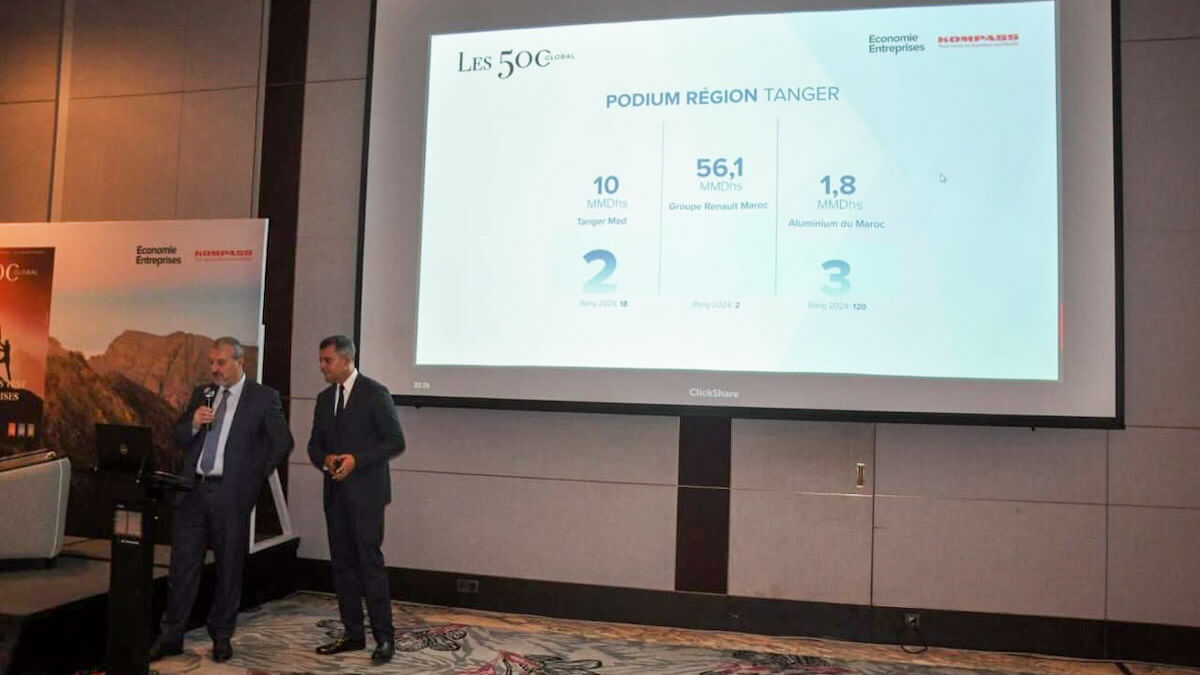
Global 500 Caravan
Tangier Med: a logistics hub resilient in the face of crises
Rachid Houari, general manager of the Medhub logistics zone, stressed that Tangier Med has grown rapidly since its launch in 2007, which is a source of great pride for the Moroccan kingdom, and has already played a very important role in the development of the region's economic fabric for more than fifteen years, with 2,000 hectares of industrial zones exporting 15 billion dirhams and contributing 20% of Morocco's GDP in terms of exports.
‘In the midst of the coronavirus crisis, the port of Tangier Med has recorded a growth of more than 20% in the first year and more than 24% in the second year of the pandemic, thanks to its productivity, resilience and its quality service’, Houari pointed out, emphasising that ’the good productivity of the port is due to the port operators, i.e. 5,000 workers, 99.9% of whom are well trained Moroccans’.
As for innovation, he pointed out that it was adopted very early 15 years ago by digitalising the entire operation linking the port to the ship, with a very good customs system.
The general manager of the logistics zone Medhub mentioned that 10,000 vehicles manufactured by Renault Morocco are exported to Europe every week, which is very considerable thanks to the excellent productivity in Tangier Med.
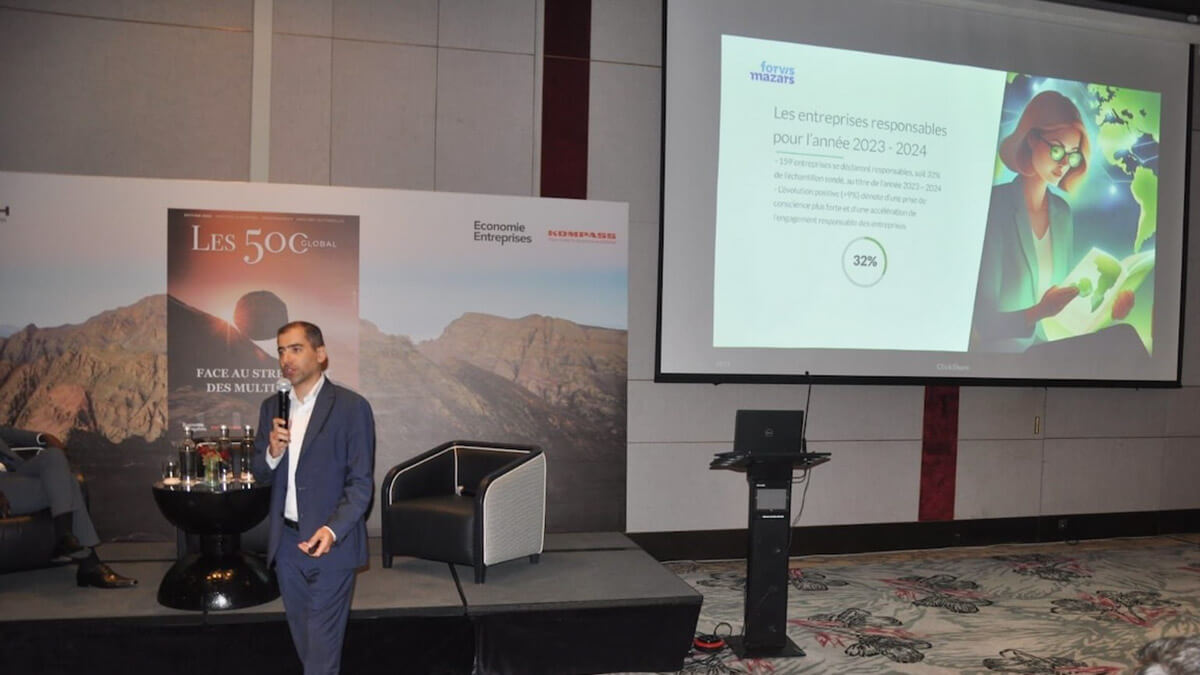
Ranking of the leading companies on the national podium
Hassan Alaoui, President of Economie Entreprises, presented the six regions of Morocco that stand out for their developed economic fabric, showing the number of active companies in each region with their turnover:
- The Sus Massa region with 20 companies and a turnover of 18.49 billion dirhams; i.e. 1.9% of the global turnover.
- The Fez Meknes region with 20 companies and a turnover of 10.2 billion dirhams, i.e. 1.4% of the overall turnover.
- The Marrakech Safi region with 16 companies and a turnover of 9.8 billion dirhams, i.e. 1.1% of the overall turnover.
- The Rabat Sale Kenitra region with 52 companies and a turnover of 146.9 billion dirhams, i.e. 15.1% of the overall turnover.
- The Tangiers-Tetouan-Al Hoceima region with 26 companies and a turnover of 75.52 billion dirhams, i.e. 7.7% of the overall turnover.
- The Casablanca Settat region with 357 companies and a turnover of 704.3 billion dirhams, i.e. 72.4% of the overall turnover.
With regard to the national sectors classified in the Global 500 index, the following sectors stand out:
- Agri-food, agriculture and fisheries, with 72 companies.
- Insurance, with 17 companies.
- Automotive and equipment, with 26 companies.
- Banks and financial services, with 13 companies.
- Industrial equipment, with 6 companies.
- Wood and paper, with 13 companies.
- BTP and infrastructures, with 64 companies.
For his part, Najib Belghazi, general manager of Kompass Maroc, presented the list of the leading companies in the national podium, which includes:
- The OCP Group with a turnover of 91.2 billion dirhams.
- The Renault Group with 56.1 billion dirhams.
- The National Office for Water and Electricity (ONEE) with 47.7 billion dirhams.
- Maroc Télécom.
- Afriquia SMDC.
- Attijariwafa Bank
- Banque Centrale Populaire
- Royal Air Maroc.
- Vivo Energy Maroc.
- BMCE Bank of Africa.
These are the best companies operating in Tangier
- Renault Maroc Group, with 56.1 billion dirhams.
- Tangier Med, with 10 billion dirhams.
- Aluminum du Maroc, with 1.8 billion dirhams.
- Joyson Safety System
- Coopérative Laitière du Nord
- Wolkat Maroc
- Electro Mécanique Énergie
- Auto Motor Spare Parts
- Poly Design System
- Migraines
Decarbonisation: the challenge that needs to be prepared for now
Salah Eddine Bennani, senior manager at Forvis Mazars Maroc, stated that ‘Moroccan companies are becoming more and more numerous in adopting sustainability’.
The study conducted on 159 companies: 36% from the industrial sector, 21% from the commercial sector, 35% from the services sector and 8% from the financial sector, and whose results were represented by Salah Eddine Bennani, revealed that the majority, 58% of the sample, is made up of non-exporting companies, while exporters represent 25% compared to 17% of large exporters.
75% of the 57 industrial companies participating in the survey reported having adopted the corporate social responsibility (CSR) approach. In terms of ESG (Environmental Social and Corporate Governance) criteria, 74% of industrial companies include these elements in their strategy and 39% measure their carbon footprint.

